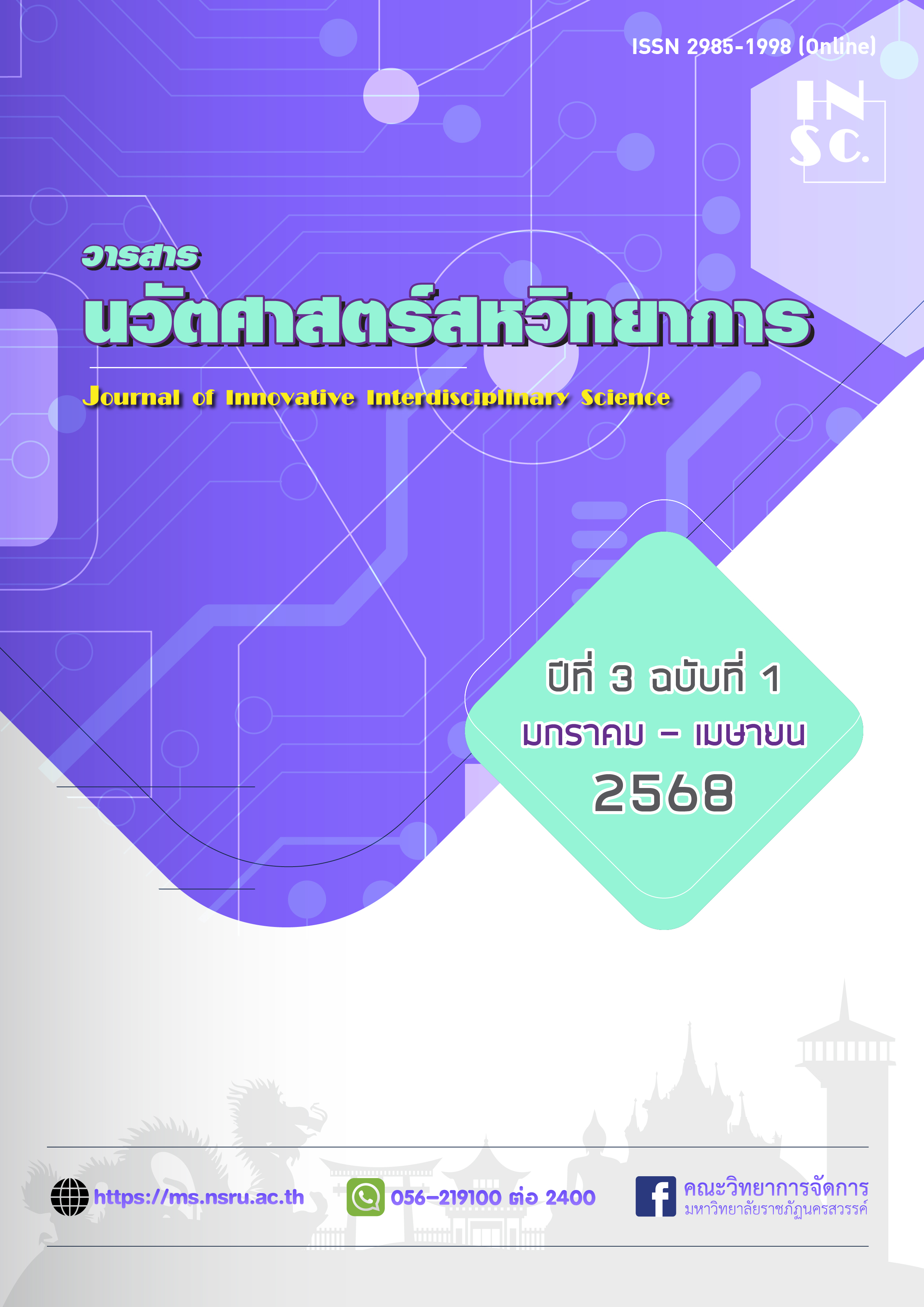Guidelines for Development the Administration in Good Governance Principles of the Labor Court Office Region 6
Main Article Content
Abstract
The objectives of this study were to 1) study of the administration in good governance principles of the labor court office region 6, 2) study of the problems and obstacles in the administration in good governance principles of the labor court office region 6, and 3) find a guideline for developing the administration in good governance principles of the labor court office region 6. This study was a qualitative research method. The key informants in this study of administration and problems in the administration in good governance principles of the labor court office region 6 were 1. Administrative support group 2. Finance group 3. Case group 4. Legal affairs and mediation group and the key informants of the guidelines of theadministration in good governance principles of the labor court office region 6 were 1.Executive group 2. Practitioner group and 3. Legal academic group and stakeholders totaling 15 people. The instruments used in this study were semi-structured interviews and focus group discussions by using Inductive content analysis for data analysis. The study findings were as follows:
- The administration in good governance principles of the labor court office region 6 in each area consisted of 1.1 The rule of law: disseminating, reviewing, and improving the rules and regulations of the agency to recipients and the general public to services, 1.2 The principle of morality: establishing the code of ethics of the agency and civil servants within the labor court office region, creating a network system to promote morality among various agencies and groups within the office, 1.3 The principle of transparency: creating awareness in work practices and creating a new work culture, having a system for the public to access information for monitoring, inspecting, evaluating, and listening to opinions from external, stakeholders, and the general public, 1.4 The principle of participation: campaigning to awareness of participation of agency officials as well as creating a guarantee for the safety of life and property of participants, 1.5 The principle of responsibility: creating awareness of their responsibility, having standards or guidelines for the behavior of administrators, 1.6 The principle of value: reducing unnecessary steps and setting goals and work standards.
- The problems and obstacles in the administration in good governance principles of the labor court office region 6 in each aspect consisted of 1.1 The rule of law: the basic knowledge of laws and regulations of officials in the performance of duties were not equal, training on knowledge and understanding of the rule of law were not sufficient, 1.2 The principle of morality: problems in creating a network system and promoting morality and ethics between agencies and work groups, 1.3 The principle of transparency: problems in accessing in-depth information to some work groups cannot access and restrictions by law, 1.4 The principle of participation: problems in decentralization, promoting of public participation, creating attitudes and participation of officials, 1.5 The principle of responsibility: problems in applying the principle of governance and the principle of responsibility in the administration were not clear, 1.6 The principle of value: problems in the amount of manpower were not enough for the performance of duties and using of available resources by some work groups was not clear.
- The guidelines for the development the administration in good governance principles of the labor court office region 6 in each aspect consisted of 3.1 The rule of law: the development of basic knowledge, laws and regulations in the work to the guidelines including providing training for personnel in all groups for enhancing and developing knowledge of rule of law, democratic principles, and good governance principles to consistent with the intentions of the labor court region 6 such as principles, criteria, and evidence, 3.2 The principle of morality: the creation of networks and the promotion of morality and ethics between agencies and groups, instilling the promotion of morality and ethics in personnel within the organization with the participation of representatives of the public sector, 3.3 The principle of transparency: maintain a very good standard of transparency and maintain a culture of working in accordance with the good governance principles, honesty, integrity, transparency, and accountability, 3.4 The principle of participation: a decentralized work format, administration in the agency, promoting public participation, and opening up channels for problem solving, 3.5 The principle of responsibility: organizing activities to consistent with personnel to awareness of social and environmental, arranging personnel with their knowledge and abilities according to their missions and responsibilities, and creating morale in their work, 3.6 The principle of value: adjusting the structure and workforce, rotating jobs to operations and personnel development more efficient, increasing systematic planning for analyzing goals, planning for applying innovation and technology in operations, using resources and personnel to appropriate for the workload.
Keywords: Development Guidelines, Good Governance Principles
Article: Research Article
Article Details
References
กชธัญ อ้นยะ. (2564). การนำหลักธรรมาภิบาลมาใช้ในการปฏิบัติงานของข้าราชการสำนักงาน
อัยการสูงสุด กรณีศึกษา. สำนักงานอัยการจังหวัดน่าน. สืบค้นเมื่อ 25 กันยายน 2566
จาก https://www3.ru.ac.th/mpa-abstract/files/2563_1629861064_6214832035.pdf
ทิวากร แก้วมณี. (2559). ธรรมาภิบาล = Good governance. กรุงเทพฯ
นัสรีน อับดุลเลาะ. (2558). การใช้หลักธรรมาภิบาลที่ส่งผลต่อการบริหารงานสถานศึกษา
สังกัดสำนักงานเขตพื้นที่การศึกษามัธยมศึกษา เขต 15. วิทยานิพน์การศึกษา
มหาบัณฑิต (การบริหารการศึกษา) มหาวิทยาลัยทักษิณ.
ประธาน สุวรรณมงคล. (2558). การบริหารงานภาครัฐกับการสร้างธรรมาภิบาล. กรุงเทพฯ: สถาบันพระปกเกล้า.
ประเวศ วะสี. (2542). ยุทธศาสตร์ชาติ เพื่อความเข้มแข็งทางเศรษฐกิจ สังคมและศีลธรรม. (พิมพ์ครั้งที่ 2).
กรุงเทพฯ: สำนักงานกองทุนเพื่อสังคม.
เรืองวิทย์ เกษสุวรรณ. (2556). การจัดการภาครัฐแนวใหม่. กรุงเทพฯ: บพิธการพิมพ์.
ศิริพร สุเมธารัตน์. (2556). ประวัติศาสตร์ไทยสมัยใหม่. กรุงเทพฯ: โอเดียนสโตร์.
สุเมธ ม่วงไม้. (2560). ธรรมาภิบาลในการปฏิบัติงานของข้าราชการศาลยุติธรรมศาลแรงงานกลาง. สืบค้นเมื่อ 26
ตุลาคม 2566. จาก https://www3.ru.ac.th/mpa-abstract/files/2560_1561118931_6014830035.pdf.
แสงชัย อภิชาตธนพัฒน. (2559). หลักธรรมาภิบาลในการบริหารองค์กร. กรุงเทพฯ: วิทยาลัย
รัฐธรรมนูญ สำนักงานศาลรัฐธรรมนูญ.


